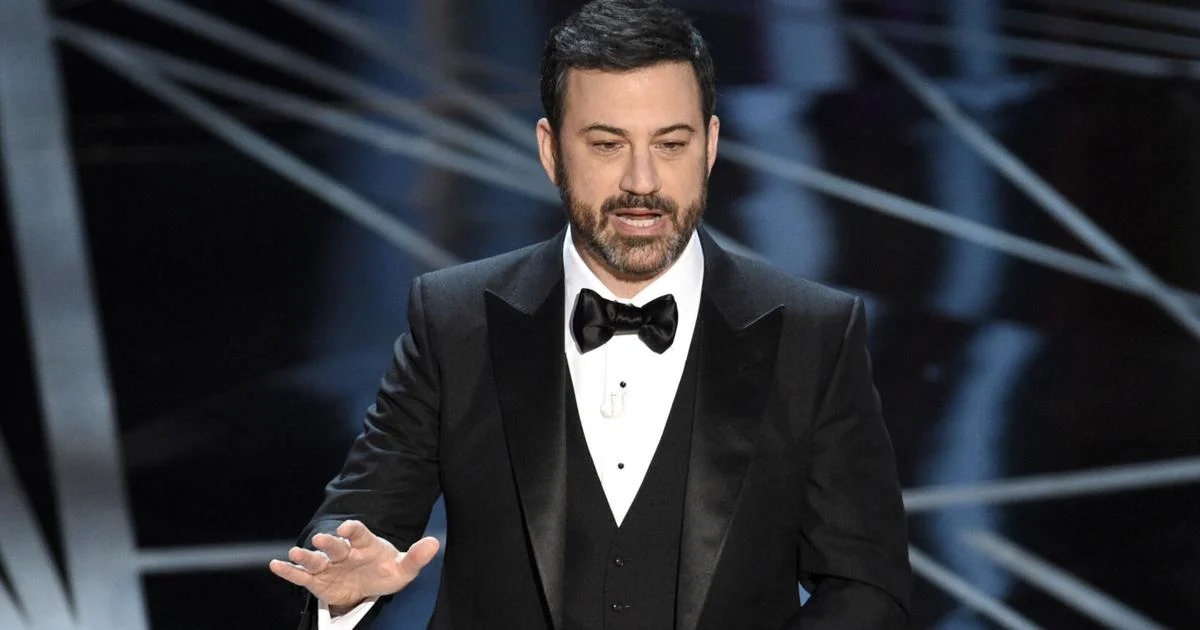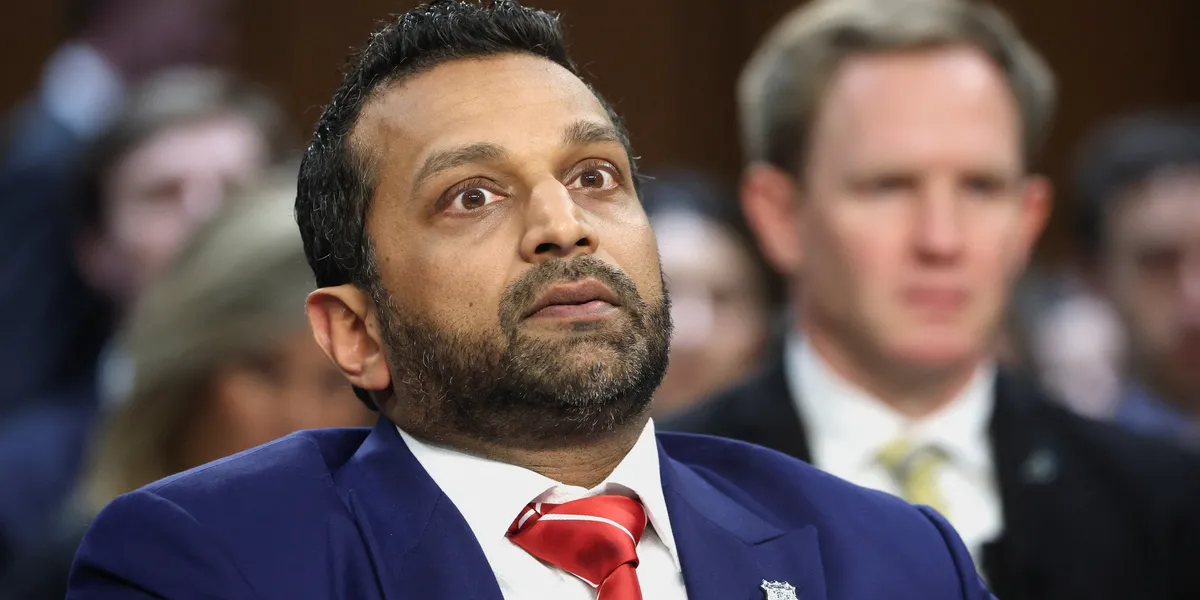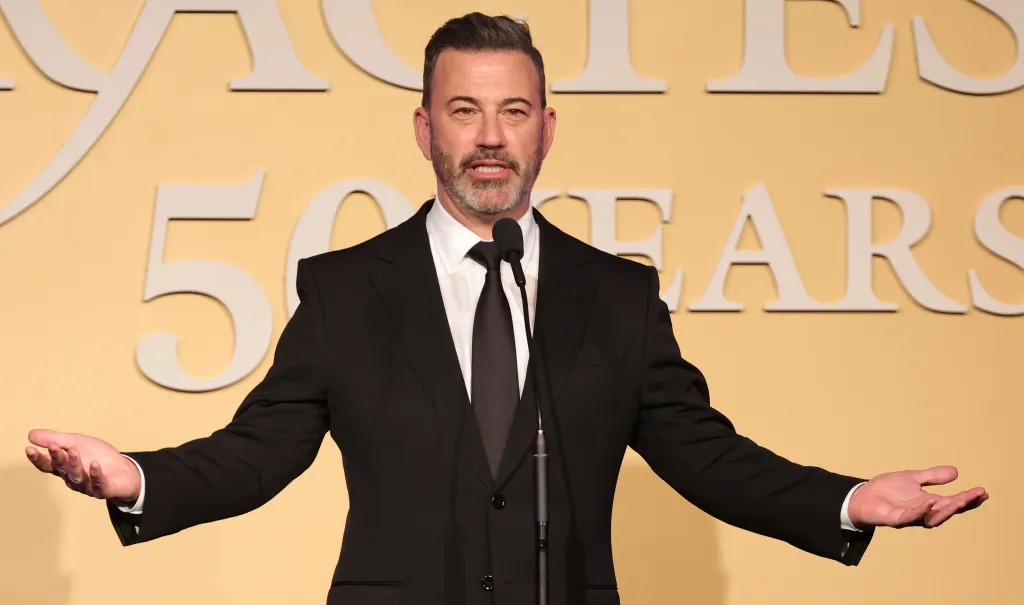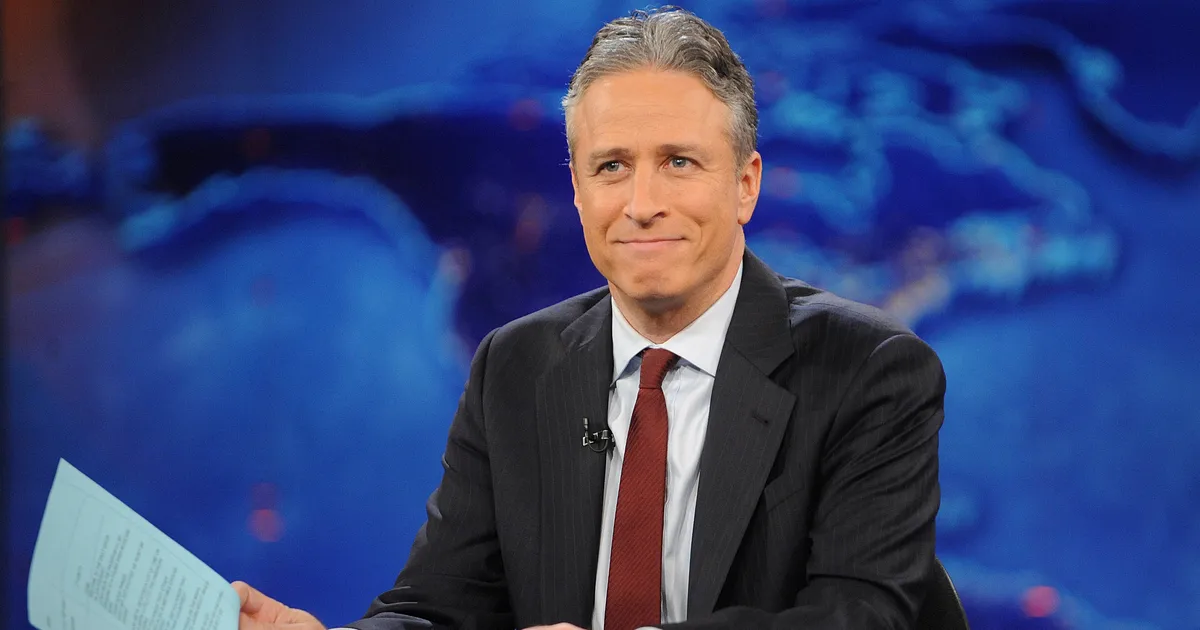
LOS ANGELES — In a crowded late-night field, Jimmy Kimmel rose to become a cultural fixture.
For two decades, he’s been one of the most familiar faces on television. He’s the kind of entertainer who could blend slapstick humor with sharp political satire and still find himself entrusted with hosting Hollywood’s most prestigious ceremonies. His career arc is impressive, rising from radio gigs in Las Vegas to rubbing elbows at the Oscars and turning world leaders into punch lines on “Jimmy Kimmel Live!”
In an industry that thrives on turnover, Kimmel’s staying power has been rare. His voice helped anchor ABC in the late-night arena until now, with his show indefinitely suspended over his comments about the assassination of conservative activist Charlie Kirk on Sept. 10.
What sparked the controversy
In recent days, Kimmel reminded audiences why he’s long been one of the sharpest voices in late night. He won his fourth Primetime Emmy for hosting “Who Wants to Be a Millionaire?” then used the moment to defend his friend Stephen Colbert, whose “Late Show” was canceled in July just days after criticizing the President Donald Trump–Paramount Global settlement. Colbert’s show is to end in May 2026.
Kimmel, 57, cursed CBS from the stage and brushed off executives who called the cancellation “financial.” He told the crowd he loved Colbert.
After the Creative Arts Emmy ceremony, Kimmel took aim at Donald Trump directly, saying, “I’m giving this guy a little poke, and he deserves it, and I enjoy it, and I hope that people enjoy it too.”
Days later, his bluntness collided with tragedy and politics. In a monologue following the assassination of Kirk, Kimmel quipped that “many in MAGA land are working very hard to capitalize on the murder of Charlie Kirk.”
The backlash was immediate.
Nexstar and Sinclair, two of ABC’s largest affiliate owners, said they would be pulling “Jimmy Kimmel Live!” from their stations. Under mounting pressure, ABC — Kimmel’s late-night show home since 2003 — suspended the show indefinitely.
He has not commented on the suspension.
A start in radio, a break in comedy
Kimmel’s story began in Las Vegas, where he honed his craft at small radio stations.
His first big break came with Comedy Central’s “Win Ben Stein’s Money.” Kimmel’s quick wit as Stein’s sidekick earned him a daytime Emmy in 1999 and national attention.
He followed that with “The Man Show,” co-created with Adam Carolla, which gave him credibility as both a comic and a producer. Shows like “Crank Yankers” and “The Andy Milonakis Show” soon followed with Kimmel’s creative hand.
Listen now and subscribe: Apple Podcasts | Google Podcasts | Spotify | RSS Feed | SoundStack
The turning point was 2003, when ABC handed him his own late-night program. Over the years, he grew from a scrappy newcomer into a late-night staple. The show was anchored by viral sketches, celebrity pranks, political monologues and deeply personal stories.
Kimmel became more than a host. He was a cultural translator, using comedy to navigate moments of national crisis or collective joy, whether in his emotional monologues about health care after his son’s heart surgery or in his pointed critiques of Washington politics.
His trust factor grew, and Hollywood leaned on him to host major events. He’s hosted the Emmys three times and the Oscars four, handling everything from an envelope mix-up involving “La La Land” vs. “Moonlight” to a live global telecast watched by hundreds of millions.
“It’s an experience that I try to remember is special,” Kimmel said in an interview last year. “I just want to make sure for the people who are watching and the people who are there that we bring the proper amount of respect and also the proper amount of disrespect to the proceedings.”
Why he matters to ABC
For ABC, Kimmel has been an anchor. His late-night program gave the network a consistent foothold in a crowded media landscape. His celebrity Rolodex drew stars, his political edge attracted headlines and his human touch built loyalty.
Beyond late night, Kimmel carried ABC’s brand into prime events. He hosted “Who Wants to Be a Millionaire?” in its celebrity revival and headlined industry-defining award shows that drove global audiences back to the network. He kept himself relevant interviewing presidents, roasting movie stars and pulling kids into his annual Halloween candy prank.
Along with TV, Kimmel extended his brand back to his hometown, Las Vegas. He opened Jimmy Kimmel’s Comedy Club on the Las Vegas Strip, where comedians such as actor-comic Luenell hold residencies.
The uncertain road ahead
Kimmel now finds himself at a crossroads — a personality caught in a national debate over the boundaries of free speech and corporate caution.
In an interview with Variety this past summer, Kimmel was asked if he was worried that the administration would come after comedians, as it has journalists.
“Well, you’d have to be naive not to worry a little bit,” he said. “But that can’t change what you’re doing.”
He said if comedians were targeted, he hoped “even my colleagues on the right will support my right to say what I like.”
His contract with The Walt Disney Co.-owned network expires in May 2026.
It remains unclear whether “Jimmy Kimmel Live!” will return or he will reinvent himself on another platform.



